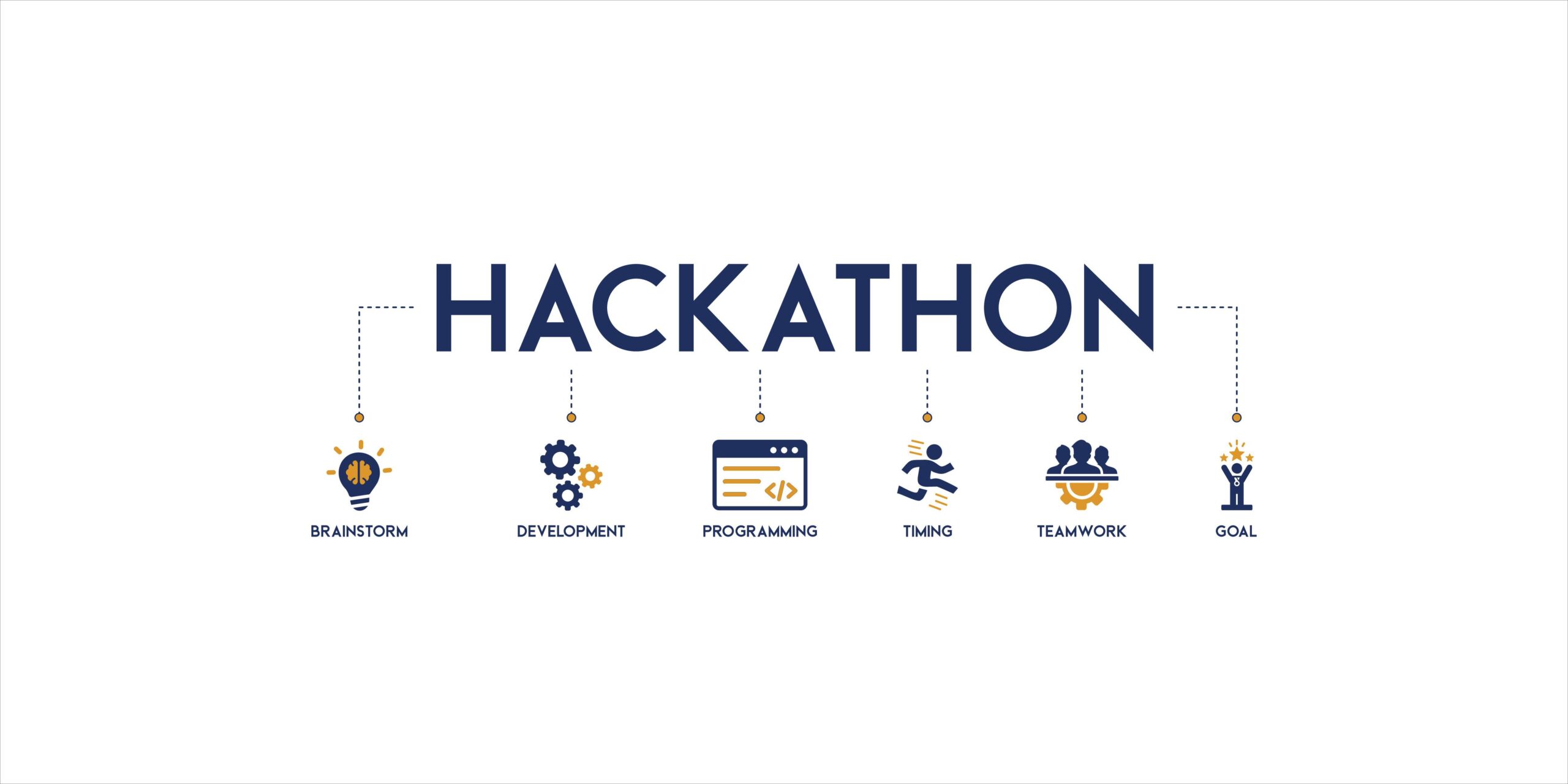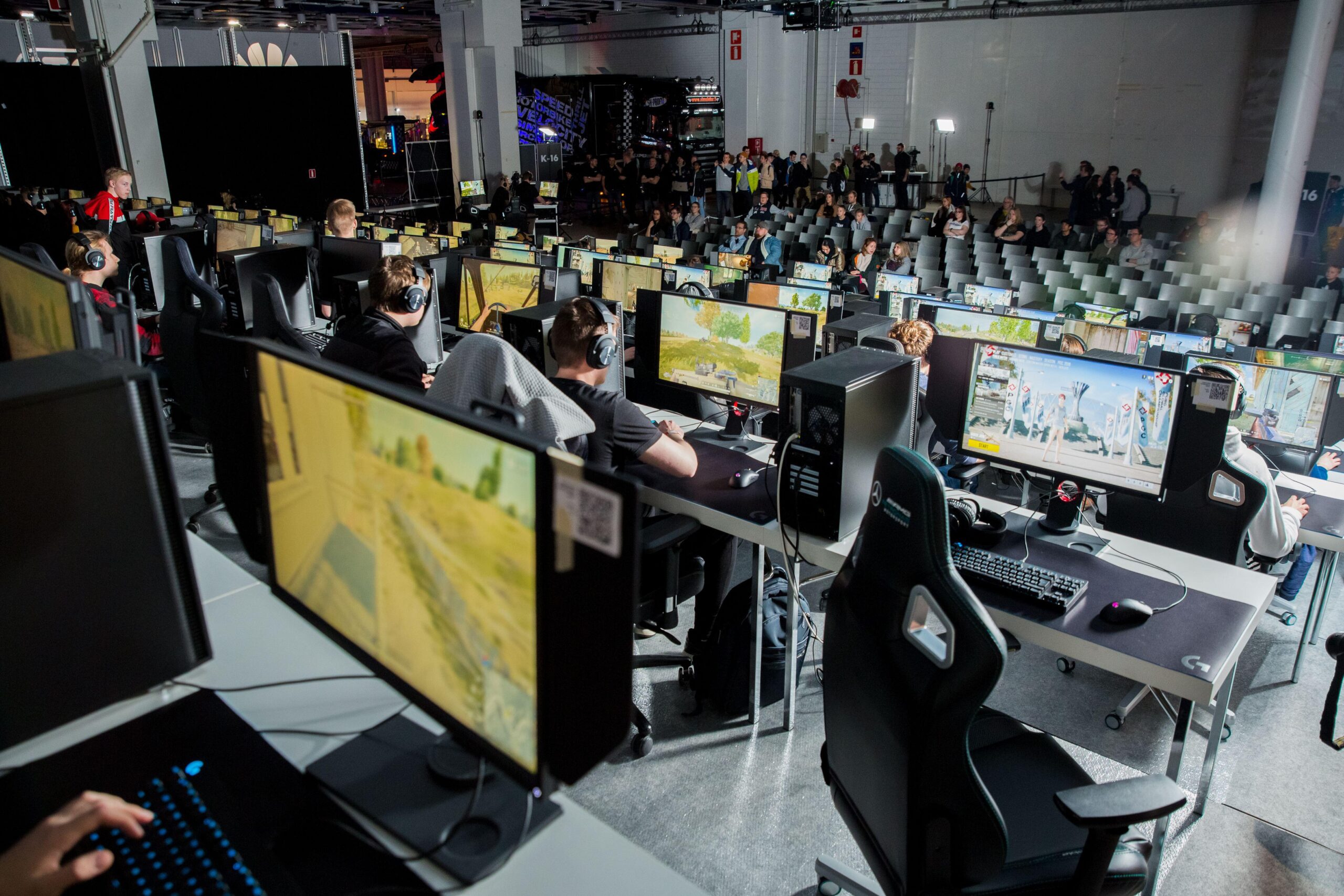The 2025 hackathon world is bustling, characterized by an increase in events for varied coder interests. Some of the prominent competitions are the IEEE IES Generative AI Challenge for Industry 4.0 solutions with AI tools such as GitHub Copilot successors and the GitHub Universe Learning Challenge for app building on Azure with a deadline of January 6, 2025. College contests, such as Major League Hacking’s 2025 season, highlight students’ skills across North America. The Global Game Jam remains an essential activity for game developers, fostering global collaboration. Niche hackathons, like the AgriTech Hack, are also emerging, with specific industries addressed by innovative technological approaches. This diversity allows inclusivity, with indie developers, corporate teams, and hobbyists alike submitting out-of-the-box ideas such as sentient toast simulators.
Key Trends Influencing Hackathons in 2025
Several trends dominate the 2025 hackathon scene, according to recent reviews. Most importantly, generative AI technologies such as GitHub Copilot have come to the fore in development efforts, making on-the-spot coding suggestions that reduce project timelines. These technologies, which are built into efforts such as the IEEE IES Generative AI Challenge, enable quick prototyping and innovation. Second, sustainability is a rising area of concern, and hackathons promote green projects to combat climate change, including initiatives like Climathon by EIT Climate-KIC. Third, virtual and hybrid models being extended enable worldwide participation and shatter geographical limitations, as we see in the likes of Hacks for Hackers. Lastly, mentorship initiatives have developed, matching first-time participants with industry experts for support, a trend observable in the models developed by Major League Hacking. Finally, hackathons increasingly tackle real-world problems, partnering with businesses and NGOs to solve issues like access to healthcare, expanding impact and relevance.
- The advent of generative artificial intelligence—tools like GitHub Copilot improve productivity by enabling faster code writing and debugging.
- Sustainability focus – Proposals address the environmental challenges through green technology-based solutions.
- Virtual and hybrid formats – These increase accessibility as they allow connections between diverse cultures globally, often on weekends.
- Extended mentorship programs – Professionals assist individuals in acquiring competencies such as presenting and honing project ideas.
- Collaborative work with non-governmental organizations and corporations – This resolves essential societal issues, thereby making projects more effective.
Java’s Standing in the 2025
Java will remain a workhorse in hackathons, especially in the enterprise and Android app development environment. Its platform independence allows code to run anywhere, which is critical in time-limited events where compatibility is most important. Java’s vast libraries make for quick development in any domain, from web applications to mobile, with new JVM versions further improving performance.
Although Kotlin is gaining traction for Android due to conciseness, Java’s established code base ensures its relevance, particularly in enterprise-focused hackathons for scalable backend services. However, newer languages like Rust challenge Java’s dominance in systems programming, suggesting a shift. Despite competition, Java’s popularity and resilience ensure it is a default choice for most developers, securing its place in the 2025 hackathon scene.
Generative AI Steals the Limelight at 2025 Hackathon Events
Generative artificial intelligence has been a defining aspect of 2025 hackathons, revolutionizing development practices. Tools like GitHub Copilot provide invaluable assistance by suggesting code completions and functions, thus significantly speeding up the process. In the IEEE IES Generative AI Challenge, participants develop AI-powered solutions for industrial applications, such as optimizing production workflows or enhancing human-machine interfaces. The February- April 2025 contest offers mentorship and travel grants for finalists to make presentations during IECON 2025 in Madrid. The growing popularity of AI ethics discussions ensures that developers consider societal implications, encouraging responsible innovation. Generative AI workshops, often as part of hackathons, impart the ability to stay ahead in the tech world, and AI becomes the basis of competitive coding.
Inside the 2025 Hackathon Experience
Participating in a hackathon set for 2025 is an amazing yet demanding experience. Coders work tirelessly, fueled by caffeine and pizza, debugging code while working under strict deadlines in convention centers turned tech innovation hubs.
Teams form into “districts” by their affiliations—student developers, corporate teams, and unorthodox enthusiasts—vying for supreme recognition. The mood is charged, with intense concentration interspersed with outbursts of collaboration and revelry. Successful tactics involve hoarding food, commandeering optimal workspace, and humorously sabotaging opponents’ Wi-Fi connections. Amidst the mayhem, these gatherings forge lasting friendships and spark creative concepts, ranging from virtual reality tax software to consciousness-inducing toast simulators.
The tension builds as the clock ticks, with coders clacking away, cheering triumphs, or wincing at failed builds, weaving a mosaic of creativity and camaraderie.
Prizes and Opportunities These Hackathons
The prize in 2025 hackathons is high, with incentives that can establish careers. For instance, winners are usually awarded monetary prizes, such as prizes of over $5,000. In addition, there are hefty Azure credits, like in the GitHub Universe Learning Challenge. These provide a $500 prize for exceptional utilization of GitHub Copilot. Travel awards, like for finalists to IECON 2025, under the IEEE IES Generative AI Challenge, facilitate presentations at global conferences. More than swag bags, portfolio pieces demonstrate creativity under time constraints. These are ideal for job applications to companies like Epic Games, which is usually talent scouting at GDC 2025. Getting to network with judges, among the industry giants, can result in future collaborations or even job offers. This makes the experience itself worth as much as the prizes.
- Cash Prizes – $5,000+ in different hackathons, financing future education or startups.
- Technology Credits – Azure credits worth thousands, enabling free experiments in cloud computing.
- Travel Grants – Finalists are awarded grants to present at conferences such as IECON 2025 in Madrid.
- Career Prospects – Interest from top companies like Epic Games, especially after the show at GDC 2025.
- Networking and Mentorship – Creating connections with influential industry players, potential for ongoing collaboration and mentorship.
Keys to 2025 Hackathon Success
Mentorship is crucial to the 2025 hackathon success, with structured programs pairing participants with professionals in the field. In the IEEE IES Generative AI Challenge, mentors guide teams through the process of translating ideas into publishable research papers. As a result, this is offering long-term mentorship. Major League Hacking provides workshops where professionals volunteer to help students through coding difficulties, enhancing project quality and presentation.
In addition to structured programs, community assistance also facilitates informal mentoring via social networking websites and web forums. This way, veterans may offer guidance to newcomers. This sort of camaraderie fosters networks that result in potential collaboration or work opportunities. Thus, the social element is equally vital to success at hackathons as technical abilities are.
AI and Human Collaboration in 2025 Hackathon Challenges Hackathons in the future will rely on the symbiosis of AI and human coding ingenuity. AI tools like GitHub Copilot make development easier. They allow for rapid prototyping and complex solutions. However, human creativity drives innovation, especially in unconventional pursuits like VR tax software. The trend is for AI-human collaborations to take the lead, with challenges like the IEEE IES Generative AI Challenge demonstrating such significance.
But sheer coder grit—debugging under pressure, coming up with late-night epiphanies—cannot be replicated, building resilience and problem-solving capacity. Will AI crown the ultimate “Code Commander“? Or will human determination win out? The solution is to balance technology’s effectiveness with the boundless imagination of the human spirit, creating a future in which both coexist.
In the end
The 2025 hackathon competitions are essentially battlefields where chaos collides with innovation. They are primarily fueled by trends such as generative AI and sustainability. They provide high stakes, ranging from career launches to international acclaim, with offbeat survival strategies underscoring their communal nature. Java’s use remains relevant and tested but still firm, while the future points towards AI-human partnerships, weighing efficiency against imagination. These developments redefine gaming and tech in general. They also empower programmers to push limits, leaving indelible marks in the virtual world.







